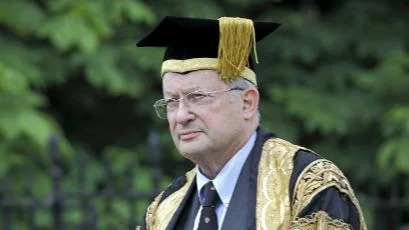Bhumika Billa, a scholar at the Centre for Business Research in Cambridge, is exploring the intersection of language and law. With a background in law from Delhi and experience with the Indian government, Billa combines her love for literature and poetry with legal studies to understand how language shapes societies.
"My first love was literature and poetry," Billa explains. "I channelled that passion into my study of law. I want to know how language shapes people, power, and societies."
Billa's work often challenges the exclusivity of legal language. "Currently, legal language makes meanings that are exclusive," she says. "It serves the interests of a certain few at the cost of many others." She draws inspiration from Claude Shannon’s information theory to improve communication within legal systems by prioritizing fairness over efficiency.
Her paper 'Law as Code' won the Gavin C. Reid Prize for Best Paper by an Early Career Researcher last year. In it, she argues for adapting legal language to include previously excluded information: “In classifying information, we always leave something out,” Billa notes.
Billa emphasizes collaboration among various nodes in the legal system—legislators, judges, lawyers—to create more inclusive meanings using research and data.
The experiences of female lawyers have also been a focus for Billa after observing inequalities in India and the UK. Her film (In)visible addresses these issues through testimonies from female lawyers accompanied by poetry and dance.
"It was astonishing how many interviewees brought up gender inequality," she recalls. "These women felt excluded, marginalized or erased."
Screened by the Society for Democratic Rights during celebrations marking 100 years since women could practice law in India, her film sparked discussions about meritocracy versus quotas in ensuring equality within judicial roles.
Through creative endeavors bridging diverse fields such as computer science with jurisprudence or poetry with legal discourse across continents like Delhi to Cambridge—Bhumika Billa is redefining what it means to be a legal scholar today.

